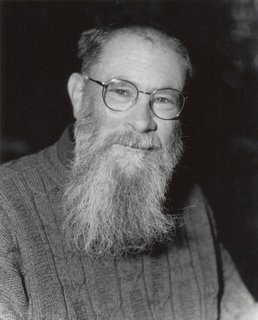(Cross-posted at The bLOGOS.)
A truthmaker for a given truth is something in virtue of which the truth is true. One plausible thesis about truthmaking is that it is closed under entailment, in the sense of obeying the so-called entailment principle: If something makes a certain truth true, then it also makes true all of this truth’s consequences.
Though plausible, the principle seems to have some undesirable consequences: the explosion of truthmakers for necessities—every thing is a truthmaker for every necessary truth—, and indeed the truthmaker triviality—every thing is a truthmaker for every truth whatsoever—.
Gonzalo Rodriguez-Pereyra in his ‘Truthmaking, Entailment, and the Conjunction Thesis’ has recently argued against attempts to preserve (perhaps, a restriction of) the entailment principle while avoiding these results. In so doing, Gonzalo crucially both defends the disjunction thesis—if something makes true a disjunctive truth, then it makes true one of its disjuncts—, and rejects the conjunction thesis—if something makes true a conjunctive truth, then it makes true each of its conjuncts—.
I have written a short reply to his paper. I first provide plausible counterexamples to the disjunction thesis, and contend that Gonzalo’s general defense of it fails. Then I defend the conjunction thesis from Gonzalo’s case against it. I finally conclude that the envisaged attempts have not been proved, by Gonzalo’s considerations, to be at fault.
(My note originated from the discussion I had with Gonzalo here.)
All comments welcome!!
